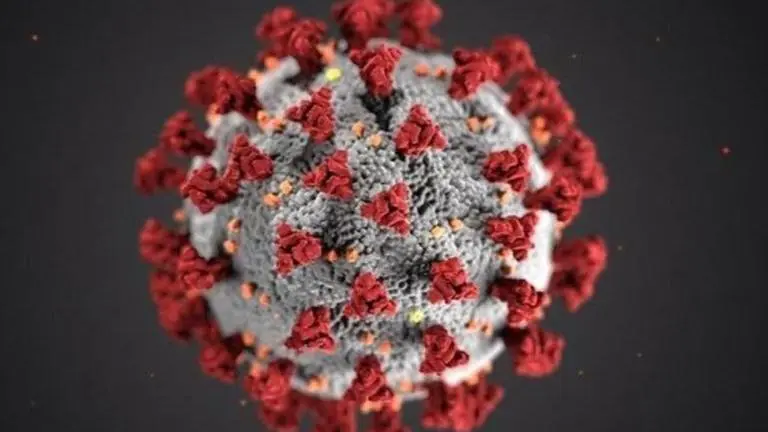Updated 7 January 2021 at 13:43 IST
Protective immunity against novel coronavirus may last for over eight months: Study
COVID-19 survivors may have protective immunity against serious disease from the SARS-CoV-2 virus for months, or even years after the infection, a study suggests.
- India News
- 3 min read

COVID-19 survivors may have protective immunity against serious disease from the SARS-CoV-2 virus for months, or even years after the infection, a study suggests.
The findings, based on analyses of blood samples from 188 COVID-19 patients, suggest that nearly all survivors of the disease have the immune cells necessary to fight re-infection.
"Our data suggest that the immune response is there -- and it stays," Professor Alessandro Sette from La Jolla Institute for Immunology in the US.
The researchers measured antibodies, memory B cells, helper T cells and killer T cells -- all four components of immune memory -- at the same time.
Advertisement
The study, published in the journal Science, helps clarify some concerning data from other institutes, which showed a dramatic drop-off of COVID-fighting antibodies in the months following infection.
Some feared that this decline in antibodies meant that the body wouldn't be equipped to defend itself against reinfection.
Advertisement
Sette explained that a decline in antibodies is very normal.
"Of course, the immune response decreases over time to a certain extent, but that's normal," he noted.
"That's what immune responses do. They have a first phase of ramping up, and after that fantastic expansion, eventually the immune response contracts somewhat and gets to a steady state," Sette added.
The researchers found that virus-specific antibodies do persist in the bloodstream months after infection.
They said the body also has immune cells called memory B cells at the ready, adding that if a person encounters SARS-CoV-2 again, these cells could reactivate and produce antibodies to fight re-infection.
The SARS-CoV-2 virus uses its "spike" protein to initiate infection of human cells, so the researchers looked for memory B cells specific for the SARS-CoV-2 spike.
They found that spike-specific memory B cells actually increased in the blood six months after infection.
"COVID-19 survivors also had an army of T cells ready to fight reinfection. Memory CD4+ "helper" T cells lingered, ready to trigger an immune response if they saw SARS-CoV-2 again," the researchers said.
Many memory CB8+ "killer" T cells also remained, ready to destroy infected cells and halt a reinfection, they said.
"The different parts of the adaptive immune systems work together, so seeing COVID-fighting antibodies, memory B cells, memory CD4+ T cells and memory CD8+ T cells in the blood more than eight months following infection is a good sign," said LJI Professor Shane Crotty.
"This implies that there's a good chance people would have protective immunity, at least against serious disease, for that period of time, and probably well beyond that," Crotty said.
However, the researchers cautioned that protective immunity does vary dramatically from person to person.
They saw a 100-fold range in the magnitude of immune memory.
"People with a weak immune memory may be vulnerable to a case of recurrent COVID-19 in the future, or they may be more likely to infect others," the researchers said.
Published By : Press Trust Of India
Published On: 7 January 2021 at 13:43 IST
